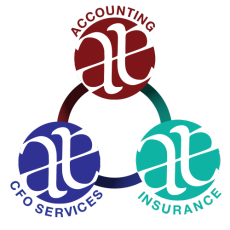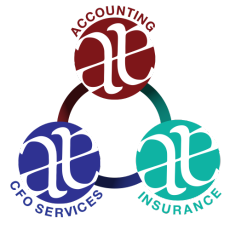It’s safe to say that the millions upon millions of small and mid-sized businesses operating right now are the true foundation of the United States economy. But whether you’re a seasoned veteran or are a new entrepreneur looking to journey out on your own for the first time, it’s important to understand the options that are available for you in terms of funding and how to take advantage of them.
One of those is called the SBA (7) loan, which is a flexible form of business funding that is worth a closer look.
What is an SBA (7) Loan?
The SBA (7) loan program was designed to offer small businesses access to low-interest loans that can be used for a number of different things. They are fully backed by the United States Small Business Administration, hence the name.
That money can be used as working capital, it can help purchase new equipment that you need to continue to manufacture your products, or it can even go towards real estate. Under the SBA (7) loan program, funds are available up to $5 million to qualifying businesses.
How Do I Qualify?
To qualify for an SBA (7) loan, an organization must meet all the following requirements:
- The person applying for the loan (meaning the business owner) must have “reasonable invested equity” in the business itself.
- They must also have attempted to find alternative financial sources prior to applying, with the use of personal assets being a chief example.
- They need to be able to demonstrate a legitimate need for the loan funds. This can’t be a loan that you take out because you want it – it needs to be a true requirement to continue your operations.
- You need to play to use the loan for a sound business purpose.
- If you have any existing debt to the United States government, you cannot be late on those obligations in any way.
As you begin this process, you should first contact your preferred bank to see if it is qualified to give out SBA (7) loans. If it isn’t, don’t worry – the Small Business Administration has a helpful Lender Match tool that you can use to find one that meets your needs.
Additional Considerations About the SBA (7) Loan
Another common question that people have when it comes to an SBA (7) loan has to do with the total amount of time they have to pay back any money that is borrowed. Generally speaking, this will be based almost entirely on how you plan on using the money.
If you’re planning on using it to purchase real estate (like if you want to expand your business to include a new location), for example, the maximum term is up to 25 years. If that money is going to purchase equipment or towards inventory-related purposes, on the other hand, the maximum loan term is 10 years.
Finally, it’s important to understand what an SBA (7) loan is and how it functions from the point of view of a lender. Loans are partially guaranteed by the Small Business Administration up to 90%, although this will vary significantly depending on the type of loan you take out.
- A standard SBA (7) loan comes with a maximum loan amount of $5 million. Here, the SBA will guarantee 85% of the loan if the amount you’re borrowing is up to $150,000. For loans that are more than $150,000, the SBA will guarantee 75% of that amount.
- An SBA (7) “small loan,” on the other hand, has a maximum amount of $350,000. Here, the SBA will guarantee 50% regardless of the amount of money you’re taking out.
- If you take out an SBA (7) “express loan,” you get access to a maximum loan amount of $500,000. The SBA will guarantee 90% for loans up to $350,000 in value and 75% for all loans between $350,000 and a maximum of $500,000.
The major benefit of the program is that interest rates are capped by the SBA and the program also offers longer loan terms than a lot of alternative options. The application process can be time-consuming, and approval times are also long, however, so depending on how much you need and how quickly you need access to it, you may want to explore other options first if possible.
In the end, the SBA (7) loan can be an invaluable resource for small-to-medium-sized businesses everywhere. Having said that, it may not be right for everyone. Just because that may be true doesn’t mean that there aren’t still options available for you to peruse. So if you’d like to find out more information about the ins and outs of an SBA (7) loan, or if you’d like to discuss other financing options with a professional in a bit more detail, please don’t delay – contact us today.




